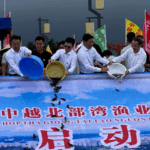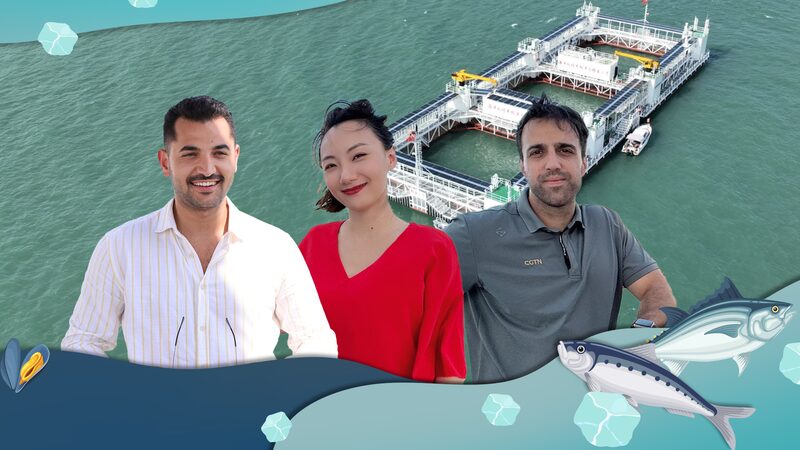Marine fisheries in the South China Sea aren’t just about fresh seafood—they’re a lifeline for millions and a cornerstone of regional economic growth. 🌍🐟 With catches making up 12% of the global total, this vibrant ecosystem supports over 300 million people across ASEAN and coastal states, providing jobs and protein-rich diets. Now, experts say strengthening China-ASEAN collaboration could unlock a wave of sustainable development.
Professor Wu Qia’er, deputy director of the South China Sea Fisheries Research Institute, highlights that boosting fisheries cooperation aligns with the Belt and Road Blue Cooperation Initiative. 🚢💡 This partnership aims to tackle overfishing, climate challenges, and economic disparities while promoting tech-driven solutions like AI-powered fishing analytics and eco-friendly aquaculture.
Why does this matter? 🤔 For young professionals and entrepreneurs, it’s a blueprint for green investment opportunities. For travelers and eco-enthusiasts, it’s about preserving marine biodiversity. And for the Asian diaspora, it’s a story of cross-border innovation connecting communities through shared resources.
With plans unveiled at the 2023 Belt and Road Forum, the focus is on inclusivity—think seaweed farming startups or apps connecting small-scale fishers to global markets. 🌱📲 As Professor Wu puts it: 'When tides rise, they lift all boats.'
Reference(s):
cgtn.com







